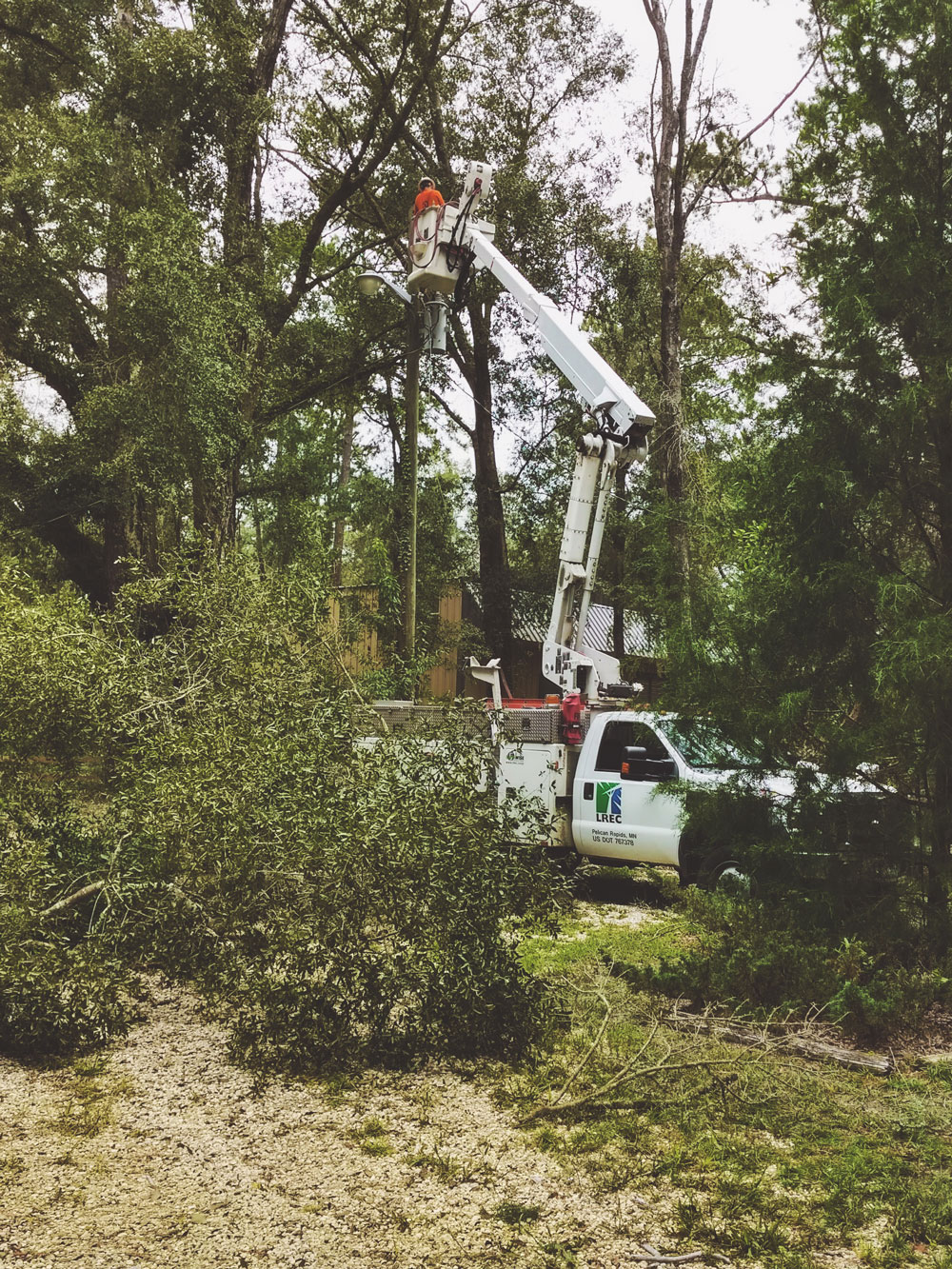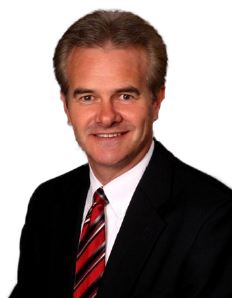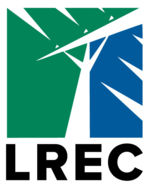As we observe October as National Cooperative Month, this is a great time to think about what “Co-op Spirit” means and to highlight our commitment to our communities. Because we have such a strong foundation in our cooperative business model, we’ve tackled new initiatives with the security that we are continuing to meet our members’ needs. Lake Region strives to be innovative in creating new opportunities that will provide our members with savings, added conveniences, and enhance the quality of life in our local communities.
As an electric cooperative, we work with members to solve the obstacles encountered in our local communities. With Lake Region, whether you grew up on our lines or just recently moved into our service territory, you’ll always have a voice and we will listen.
For instance, Lake Region Electric Cooperative has already begun natural gas service to our first customers in the Deer Creek and Parkers Prairie communities. We are busy setting gas meters and hooking up these new service extensions. Besides aiding the communities, this venture provides a new revenue stream to the cooperative. While Lake Region created a for-profit subsidiary of the cooperative to provide the natural gas service, we are firm in using the cooperative business model in the implementation of this new business venture. Throughout the process, we met with Lake Region members and city representatives. Open public meetings were held to discuss community needs and our business approach to safely providing natural gas. Control over the natural gas business is local and rates are also set locally.
Yes, providing natural gas is rather unusual for an electric cooperative, but the way we are going about doing it is indicative of Lake Region being a 21st century, needs-focused cooperative. While the modern cooperative era dates to 1844 in Rochdale, England, and our nation’s electric cooperatives to the 1930’s, the cooperative business model has proven to remain strong and applicable through constantly changing times. I think that’s pretty great and I hope you agree!
Lake Region Linemen Part of Cooperative Response to Hurricane Irma Hurricane
 Irma was a historic storm that requires a historic response. Many electric cooperatives took a direct hit from the catastrophic storm. Peak outage estimates indicate that there were 760,000 co-op power outages in Florida, 535,000 in Georgia, and 100,000 in South Carolina. As is always the case, this level of destruction requires more than just clean-up. It also means rebuilding massive expanses of electric utility infrastructure. Affected cooperatives took steps ahead of Irma’s landfall to prepare for restoration. Those steps are helping to speed the process of reconnecting members to the grid. Approximately 5,000 cooperative workers from 25 states converged on the impact zone to assist with restoration efforts. Four of Lake Region’s linemen volunteered to answer the call for help. They left here on September 10th and headed to Suwannee Valley Electric Cooperative in Live Oak, Florida. This co-op’s territory is in the northern part of the state, east of Tallahassee. Of course, the safety of workers and the public is of utmost concern. Personally, I am also pleased that our men are helping this co-op recover since I know the CEO. The professional connections we have within the electric co-op industry are valuable. It’s nice to know we can count on each other, especially in times of need.
Irma was a historic storm that requires a historic response. Many electric cooperatives took a direct hit from the catastrophic storm. Peak outage estimates indicate that there were 760,000 co-op power outages in Florida, 535,000 in Georgia, and 100,000 in South Carolina. As is always the case, this level of destruction requires more than just clean-up. It also means rebuilding massive expanses of electric utility infrastructure. Affected cooperatives took steps ahead of Irma’s landfall to prepare for restoration. Those steps are helping to speed the process of reconnecting members to the grid. Approximately 5,000 cooperative workers from 25 states converged on the impact zone to assist with restoration efforts. Four of Lake Region’s linemen volunteered to answer the call for help. They left here on September 10th and headed to Suwannee Valley Electric Cooperative in Live Oak, Florida. This co-op’s territory is in the northern part of the state, east of Tallahassee. Of course, the safety of workers and the public is of utmost concern. Personally, I am also pleased that our men are helping this co-op recover since I know the CEO. The professional connections we have within the electric co-op industry are valuable. It’s nice to know we can count on each other, especially in times of need.
The National Rural Electric Cooperative Association (NRECA) continues coordinating with the impacted cooperatives and their statewide associations, industry partners, and federal government agencies. This coordination is a continuation of the unified approach that industry and government coordinated after Hurricane Harvey hit Texas. As outage numbers continue to decrease and utility infrastructure is rebuilt, we are reminded  of the resilience, preparedness, and collaboration of electric cooperatives. It will take countless hours of exhausting work to rebuild and restore services to normal, but the impacted electric cooperatives will recover. In the meantime, our thoughts and prayers will remain with the communities that lost so much and the dedicated utility personnel working diligently to improve the situation. I recently heard someone say, “When Mother Nature is at her worst, human nature is at its best.” I believe that is true, especially when cooperatives are involved.
of the resilience, preparedness, and collaboration of electric cooperatives. It will take countless hours of exhausting work to rebuild and restore services to normal, but the impacted electric cooperatives will recover. In the meantime, our thoughts and prayers will remain with the communities that lost so much and the dedicated utility personnel working diligently to improve the situation. I recently heard someone say, “When Mother Nature is at her worst, human nature is at its best.” I believe that is true, especially when cooperatives are involved.

 Lake Region Electric Cooperative
Lake Region Electric Cooperative